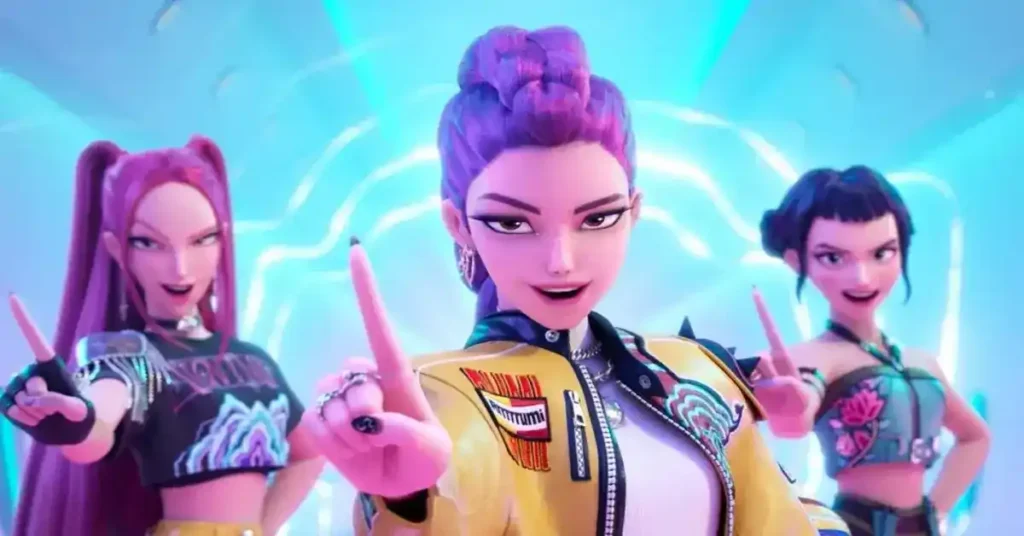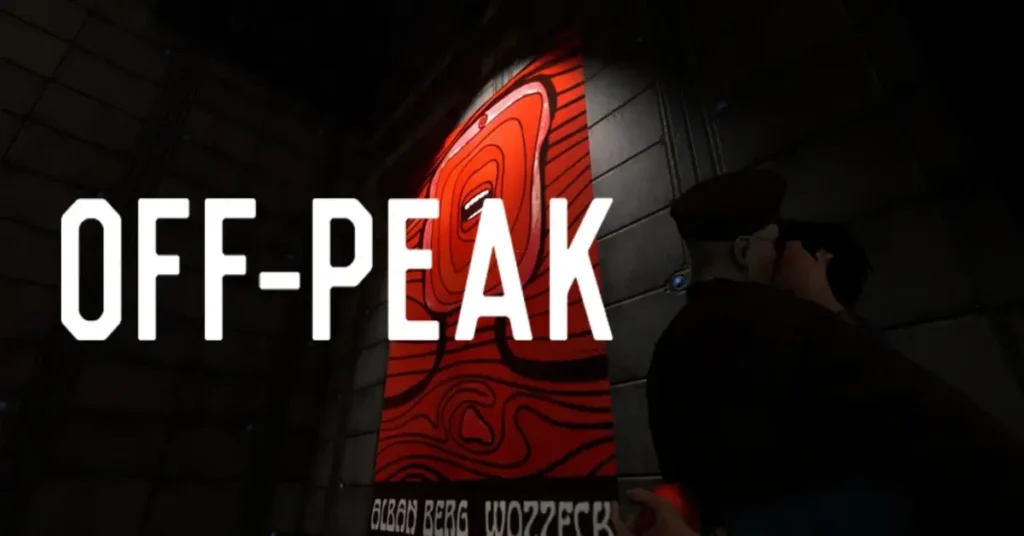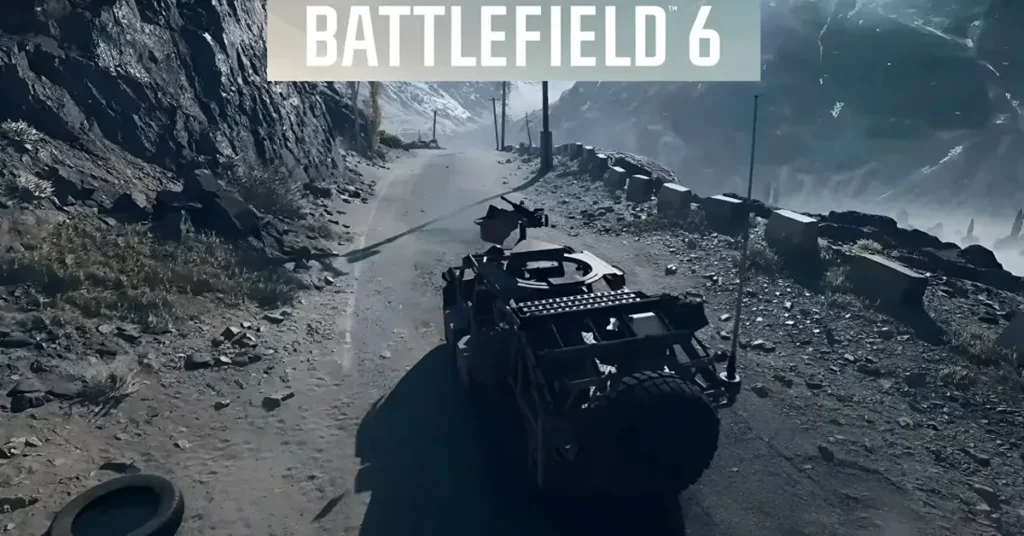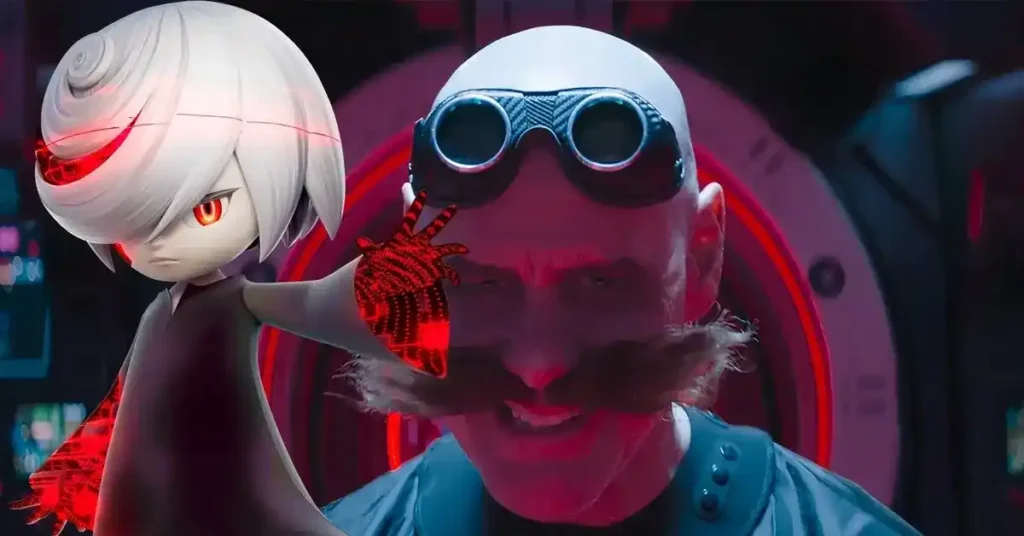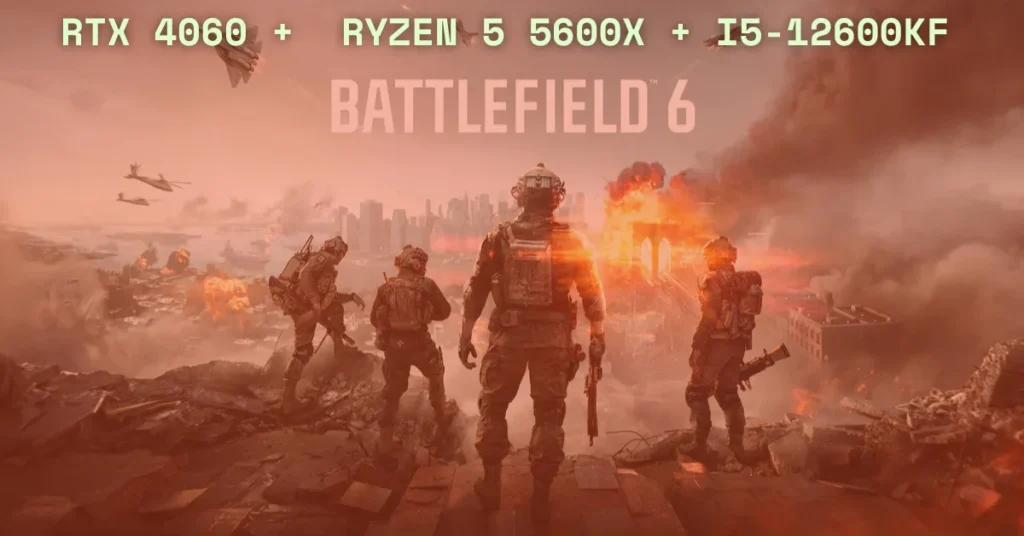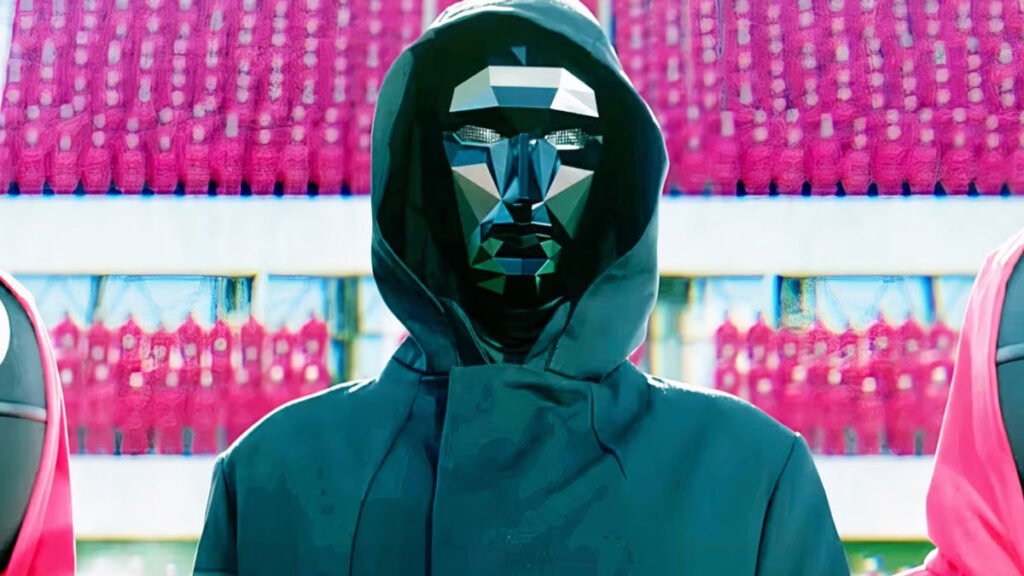
Disclaimer: This article is based on personal interpretation, emotional character analysis, and speculative theory. While many points are rooted in events shown in the series, some interpretations reflect the author’s own perspective and are not officially confirmed by the creators.
From the moment he first appeared, the Frontman seemed like a classic villain. He wore a mask, followed orders, and appeared cold and ruthless. He shot his own brother and ran the games with an iron grip. However, as the series unfolded, especially through Squid Game Seasons 2 and 3, a more complex truth began to emerge. The Frontman was not the monster. He was a broken man shaped by a cruel system, trying to protect what little remained of his humanity.
Table of Contents
Seven reasons why the Frontman is one of the most misunderstood characters in Squid Game.
1. He Spared His Brother’s Life

When the Frontman shot his brother , Detective Jun-ho, many assumed it was a heartless execution. In reality, he aimed to wound, not to kill. He showed concern for Jun-ho’s well-being, telling the Captain Park to keep a watchful eye on him.
Despite the Frontman’s position within the system, he never fully abandoned his human instincts. He was not strong enough to rebel outright, but he could still make small, quiet decisions to protect someone he loved.
2. He Grew to Care for Player 222 (Kim Jun-hee) and Her Baby
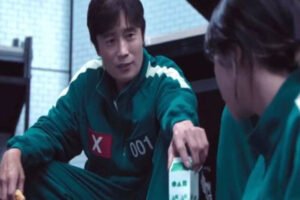
The Frontman’s concern for Player 222 (Kim Jun-hee) became evident to viewers only after she gave birth during the game. However, his interest began earlier. While participating undercover as Player 001, he lived among the players and observed them closely. Over time, he began to notice Kim Jun-hee, a pregnant woman trying to survive in an environment defined by cruelty and desperation.
His feelings were not part of any plan. They developed naturally as he spent time with her. Although he could not intervene openly, he made sure she was not ignored or discarded. When she eventually gave birth, he took the unusual step of registering the baby as an official player. This move, often seen as shocking or strategic, was more likely an attempt to protect the child within the game’s own brutal framework.
His act was not just about bending the rules. It was deeply personal. During a quiet conversation with Player 456 ( Seong Gi-hun ) , the Front Man introduced himself as “Young-il” and shared a painful memory from his past. His wife had been diagnosed with acute cirrhosis and needed a liver transplant. Around the same time, they learned she was pregnant. Despite the serious health risks, she insisted on carrying the baby to term. What followed was a desperate period marked by emotional strain, the search for a suitable donor, and overwhelming financial challenges.
Though his past ended in tragedy, those memories lingered. His silent efforts to care for Player 222 and her child may have reflected the life he once longed to protect. By shielding this child, he was not just preserving another innocent life. He was also trying to hold on to a part of himself that still believed in family, in hope, and in the possibility of something good amid all the horror.
3. He Offered 456 the Same Test He Once Failed

One of the most powerful moments in the series came when the Frontman gave Seong Gi-hun a choice to kill the others players and claim the money, and walk away with his integrity intact along with baby (Player 222).
A similar test had presented itself to the Frontman in the past, and he had succumbed to greed. Gi-hun, however, walked away. That decision affected the Frontman deeply. It forced him to confront what he had lost. In Gi-hun, he saw a reflection of who he once was and a painful reminder of who he could have been.
4. He Respected 456, Even Though the Feeling Was Not Mutual
Throughout the games, the Frontman quietly respected Gi-hun. In the midst of violence and betrayal, Gi-hun held on to his compassion. The Frontman admired this. Yet, after the truth was revealed, Gi-hun’s feelings were far from mutual.

He came to hate the Frontman — not only for running the game but because he saw in him a man who had once been just like him and chose to fall. That rejection cut deep. The Frontman had hoped, perhaps, for understanding. Instead, he became a symbol of betrayal in Gi-hun’s eyes.
5. He Saved the Baby and Ensured a Future
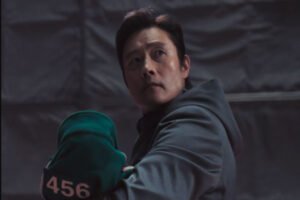
After the game ended, the newborn baby (Player 222) had no value to the system. But the Frontman did not abandon her. He arranged for the child to be taken out of the facility safely and entrusted her care and the prize money to the one person he still had faith in his brother.
This was not a strategic move. It was an attempt at redemption. The Frontman also ensured that Gi-hun’s remaining belongings and money reached his daughter in Los Angeles , without keeping a single item for himself. These quiet actions spoke volumes about the man he used to be.
6. He Was Fighting the True Enemy: Greed
A crucial detail often forgotten is that every player had a chance to leave the game and most of them chose to return. The reason was simple: Greed.

The VIPs turned this greed into entertainment. The system profited from it. The Frontman was a product of that cycle. He once played. He once won. He gave in.The consequences of his decision remained with him, a lasting shadow on his conscience.
Over time, he began using his role not to enforce the system, but to limit the damage. He could not destroy it, but he tried to contain its worst aspects, even if that effort remained invisible to others.
7. His Final Actions Were Not About Power, but Redemption
As the violence escalated in the later seasons, the players grew more aggressive and desperate. Yet the Frontman became quieter, more observant. He intervened in subtle ways — protecting the baby, preserving Gi-hun’s dignity, and ensuring the survivors were not entirely abandoned.
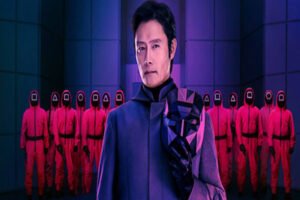
These actions were not done for attention or control. They were the choices of a man who had nothing left but guilt, trying to hold on to a shred of decency.
The Frontman Was a Tragic Figure, Not a True Villain
The Frontman was not a symbol of evil. He was a reminder of what happens when people lose themselves in a system designed to exploit the worst in human nature. He was forever bound by the weight of his past deeds . But he tried to make small amends in the only ways he could.
Gi-hun may never forgive him, and perhaps he should not. But it remains true that the Frontman respected Gi-hun more than anyone else. Though he could not be the hero, he helped one survive.
And while his story has reached its end, Squid Game has not.
The closing moments of Season 3 introduced something new: the beginning of Squid Game USA. A different location, a new leadership, and a more dangerous evolution of the game itself. The cycle of greed continues but now it wears a different face.
Maybe Frontman is gone. The system remains. And this time, the darkness may be even harder to escape.
Key Points to Remember
- The Frontman chose not to kill his brother and ensured his survival.
- He developed a genuine concern for Player 222 and protected her baby.
- He offered Gi-hun a choice he had once failed, and deeply respected him for making the right one.
- His admiration for Gi-hun remained unspoken and unreturned.
- He made sure the baby and Gi-hun’s daughter were safe and cared for.
- He understood that the real enemy was greed, not the players.
- His final actions were quiet attempts at redemption, not exercises in power.
FAQ
Was the Frontman truly evil?
No. He was a man who made terrible choices but never lost his sense of guilt. His later actions suggest he tried to protect others in ways he could.
Why did he help Player 222’s baby?
After spending time among the players, he grew emotionally attached to her situation. He used the structure of the game to shield the baby from harm.
Did the Frontman and Gi-hun share a bond?
The Frontman deeply respected Gi-hun, but the connection was one-sided. Gi-hun despised him after learning his identity and choices.
About The Author

Ishan Dutt
Admin/AuthorIshan Dutt is the admin and lead author at CodexLogs.com, where he covers comics, gaming, and entertainment. With a background in biotechnology, mass communication, and an MBA, he brings a unique mix of technical insight and media expertise to his writing. He is also the author of the fantasy novella series The Legend of Shane and Davine, known for its imaginative storytelling and emotional depth. Whether reviewing games or exploring anime, Ishan combines passion with sharp analysis to engage and inform his audience.
• Recent Posts •
KPop Demon Hunters $20M Deal Loss – Sony Now Regrets
KPop Demon Hunters was a huge success on Netflix. But Sony walked away with only…
Off-Peak Free Steam: 7 Strong Reasons to Play Today
Off-Peak Free Steam is short, strange, and unforgettable. It drops you into a dreamlike train…
Valve Cuts PayPal Support for Steam Users in Smaller Regions Amid Bank Pressure
PayPal Pulled from Smaller Markets Valve has dropped PayPal as a Steam payment option in…
Battlefield 6 Beta Review – My (Mostly) Unfiltered Take
Alright, so I basically lived inside the Battlefield 6 beta for a few days. Sleep?…
Sonic 4’s Exciting Twist: Sage Takes Over as New Villain
The Sonic the Hedgehog series has been speeding along for decades, but Sonic 4 promises…
Battlefield 6 with RTX 4060 + i5-12600KF / Ryzen 5 5600X
I just wrapped up an extended session of the Battlefield 6 beta, and let me…

